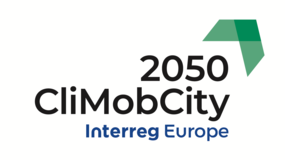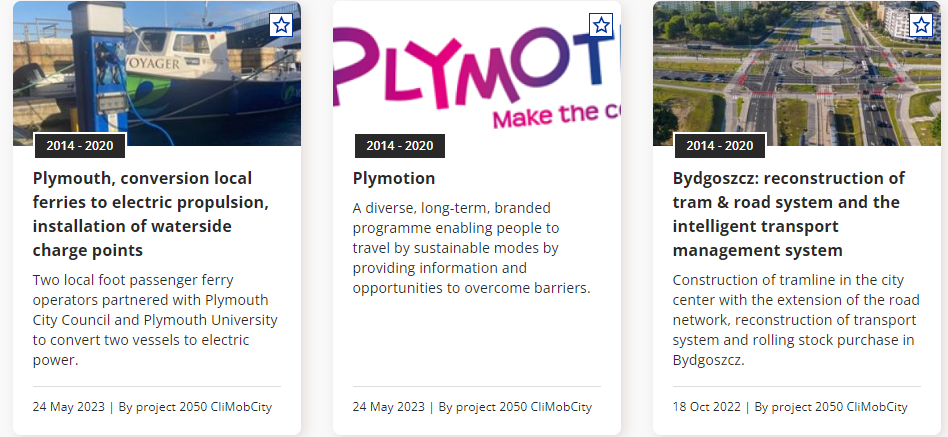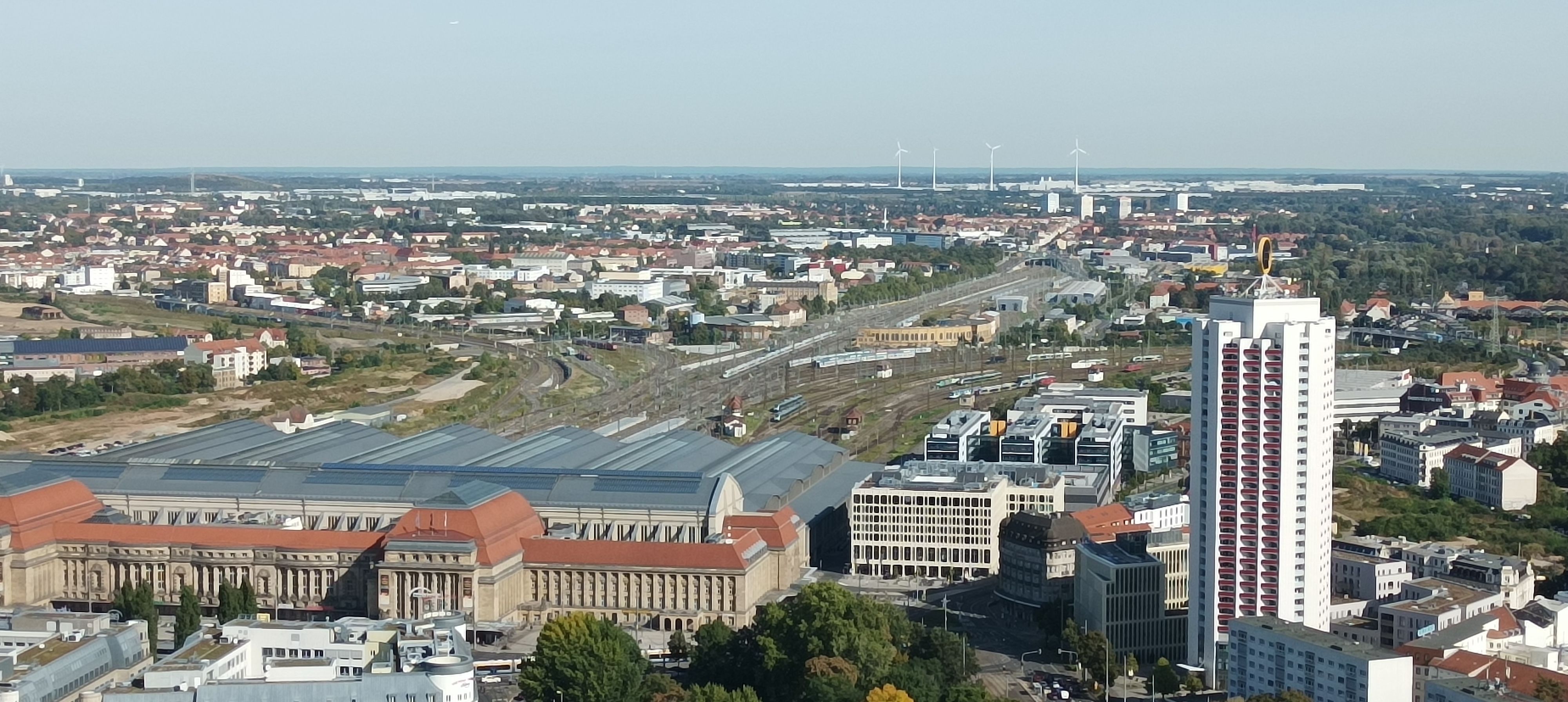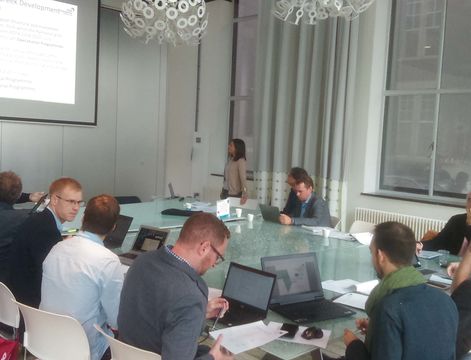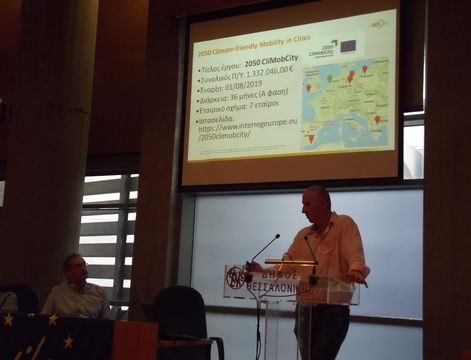Many European cities have ambitious long-term goals to reduce CO2 emissions from mobility. The 2050 CliMobCity project, examining which measure packages (policy options) seem promising to sufficiently reduce carbon emissions in a space-saving way, is progressing well.
In the project 2050 Climate-friendly Mobility in Cities, Thessaloniki, Plymouth, Leipzig, Bydgoszcz and Almeria are exploring options for how they can achieve their long-term climate goals with regard to mobility. They are being supported by the advisory partners Potsdam Institute for Climate Impact Research (PIK) and Delft university of Technology (TU Delft).
Each of the partner cities has defined one or more packages of transport measures and are now using transport models and other methods to predict the impact of these measures on mobility. Thereafter, PIK will analyse the likely CO2 reduction caused by the changes in mobility. On basis of the results, the measure packages might be tuned or revised, and each partner city will create a concrete ‘Action Plan’.
The packages include a wide variety of measures, such as the expansion of public transport systems, stimulating walking and biking via infrastructure provisions, introducing car-free zones, providing EV-charging point networks, offering shared mobility and Mobility as a Service options, and urban spatial planning schemes. The packages also include policies or expectations concerning the future development of the cities’ population, work force and other functions. The focus of the measure package is different for each city. Also, the measure packages of some cities refer to strategic policies currently under development, while the packages of other cities have an explorative nature, serving future policy development. Thessaloniki wants to examine the effects of a modal shift measure package and of an innovation measure package, both relating to a SUMP being developed. Plymouth is envisaging three measure packages, one relating to an existing strategic plan, the other two including more far-reaching measures. Bydgoszcz’s package is mainly explorative. It includes the extension and better use of its tramway system and improving transfer points between train, tram and car. Leipzig’s package relates to strategic mobility policies recently developed, one of the measures being mobility stations, and boosting on-demand public transport services for specific areas in the city.
The 2050 CliMobCity project is funded by the Interreg Europe program.
The formal start of the project was in August 2019 and the duration is 4 years.
